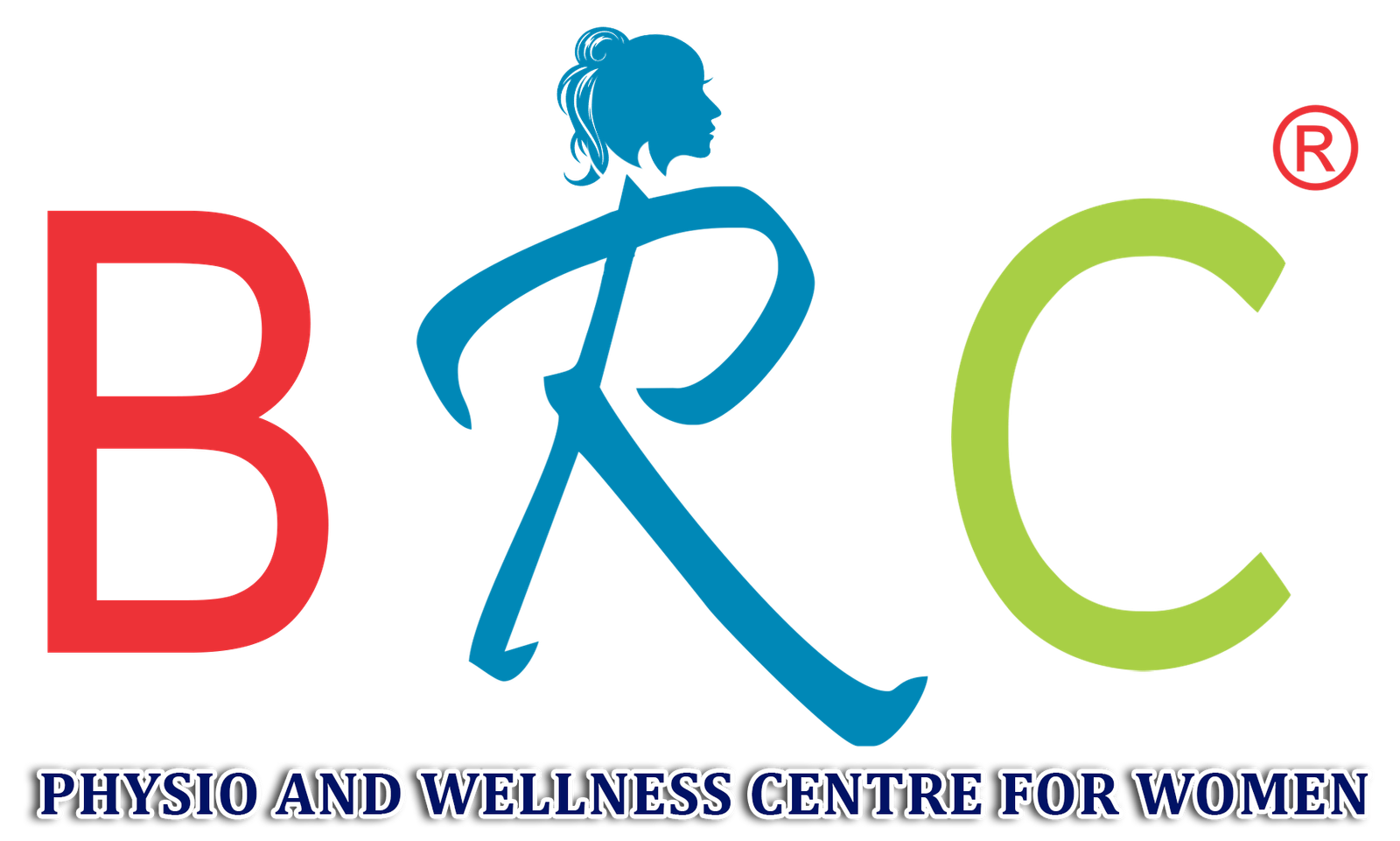Psychotherapy

MON-SAT 8:00-9:00
+91 569 803 6420

Psychotherapy
Psychotherapy, also known as talk therapy or counseling, is a form of treatment that involves talking with a trained therapist to address mental health issues, emotional difficulties, and personal challenges. It is used to help individuals understand their feelings, thoughts, behaviors, and relationships, with the goal of improving overall well-being and mental health.
Psychotherapy can be a helpful tool for managing a wide variety of psychological conditions, including anxiety, depression, trauma, stress, relationship issues, loss of grief, and addiction, among others. It can also be beneficial for those who may not have specific mental health disorders but are facing challenging life circumstances.
Types of Psychotherapy
There are several different types of psychotherapy, each with its own methods and approaches. The type of therapy chosen depends on the person’s needs, preferences, and the specific issues they are working to address.
1.Cognitive Behavioral Therapy (CBT)
CBT is a goal-oriented and structured therapy that focuses on identifying and changing negative thought patterns and behaviors that contribute to psychological problems. It helps individuals recognize how their thoughts and beliefs influence their emotions and actions.
- Common uses: Treats conditions like anxiety, depression, OCD, and phobias.
- Key approach: Reframing negative thoughts and learning practical coping skills.
2.Psychodynamic Therapy
Psychodynamic therapy is based on the idea that unconscious thoughts and past experiences influence present behaviors and emotional states. It helps individuals explore and understand these unconscious processes, often drawing on past relationships and early childhood experiences.
- Common uses: Useful for deep-seated emotional issues, trauma, or relationship difficulties.
- Key approach: Exploring past experiences to understand current emotional struggles.
3.Humanistic Therapy
Humanistic therapy focuses on personal growth, self-actualization, and helping individuals reach their full potential. This type of therapy is typically more client-centered, meaning it emphasizes the therapist’s role in providing a non-judgmental, empathetic environment where the individual can explore their feelings.
- Common uses: Great for people looking to develop greater self-esteem, self-awareness, and emotional expression.
- Key approach: Focus on self-discovery, unconditional positive regard, and personal growth.
- Instant Business Growth
- 24/7 Quality Service
- Easy Customer Service
- Quality Cost Service

4.Dialectical Behavior Therapy (DBT)
DBT is a form of therapy developed to help individuals with borderline personality disorder (BPD), although it can be used for other conditions as well. It focuses on teaching individuals to manage their emotions, tolerate distress, and improve interpersonal relationships.
- Common uses: Primarily used for BPD, but also beneficial for anxiety, depression, and eating disorders.
- Key approach: Combines cognitive-behavioral strategies with mindfulness and acceptance practices.
5.Interpersonal Therapy (IPT)
IPT focuses on improving interpersonal relationships and communication skills, as difficulties in these areas are often linked to mental health problems. This therapy aims to help individuals recognize and address patterns in their relationships that may be contributing to emotional distress.
- Common uses: Treats depression, anxiety, relationship issues, and grief.
- Key approach: Improving interpersonal relationships and communication.
6.Family Therapy
Family therapy involves working with the family as a whole to improve communication, resolve conflicts, and address issues that affect the family dynamic. It can be especially helpful when a member’s mental health issues are affecting the entire family.
- Common uses: Family conflicts, addiction, child behavior issues, and divorce.
- Key approach: Addressing relational dynamics and improving family interactions.
7.Group Therapy
In group therapy, individuals meet with a therapist and a small group of people who are facing similar issues. It provides a space for individuals to share their experiences, offer support to one another, and learn from others’ perspectives.
- Common uses: Used for a range of issues, including depression, substance abuse, grief, and social anxiety.
- Key approach: Support and interaction with others who understand the challenges being faced.
How Psychotherapy Works
Psychotherapy typically involves regular sessions with a therapist, either in person, over the phone, or online. Sessions can vary in length (usually 45-60 minutes) and frequency (weekly, bi-weekly, etc.), depending on the person’s needs and the type of therapy being used.
The therapist may use a range of techniques, including talking through issues, role-playing, mindfulness exercises, journaling, and behavioral assignments, depending on the approach and goals of therapy.
Common Goals of Psychotherapy:
- Developing Self-Awareness: Helping individuals gain insight into their thoughts, emotions, and behaviors.
- Improving Emotional Regulation: Learning to manage and express emotions in healthy ways.
- Building Coping Skills: Developing techniques to deal with stress, anxiety, and difficult emotions.
- Improving Relationships: Addressing conflicts and improving communication in personal, family, or work relationships.
- Overcoming Specific Mental Health Issues: Addressing specific conditions like depression, anxiety, PTSD, etc.
Benefits of Psychotherapy
- Emotional Relief: It provides a safe, supportive environment where individuals can express their emotions, gain relief from stress, and process difficult experiences.
- Increased Self-Esteem: Therapy helps individuals gain self-awareness and better understand their strengths, which can lead to greater confidence and self-acceptance.
- Improved Coping Mechanisms: It equips individuals with tools and strategies to cope with life’s challenges, reduce stress, and manage anxiety.
- Personal Growth: Psychotherapy can lead to deeper personal development, helping individuals live more fulfilling lives.
- Long-Term Health: For those with ongoing mental health concerns, psychotherapy can provide relief and improve overall well-being, preventing future crises or relapses.
Is Psychotherapy Right for Me?
Psychotherapy can be helpful for anyone who feels overwhelmed, anxious, depressed, or stuck in their life. It is particularly beneficial if you:
- Are dealing with mental health conditions (e.g., depression, anxiety, PTSD, etc.)
- Are going through a life transition (e.g., divorce, loss of a loved one, moving, etc.)
- Are struggling with relationship problems
- Want to improve your self-esteem or personal development
- Need help coping with stress or other difficult emotions
What to Expect from Psychotherapy Sessions
Confidentiality
Therapy is confidential, so you can feel safe to express your thoughts and feelings openly.
Therapeutic Relationship
Building a trusting and supportive relationship with your therapist is key to success. It may take a few sessions to feel comfortable, and that’s okay.
Setting Goals
In the beginning, you and your therapist will work together to set clear goals for therapy.
Progress
It’s important to remember that psychotherapy is a process. Progress can take time, and you may need to commit to multiple sessions to see significant change.
